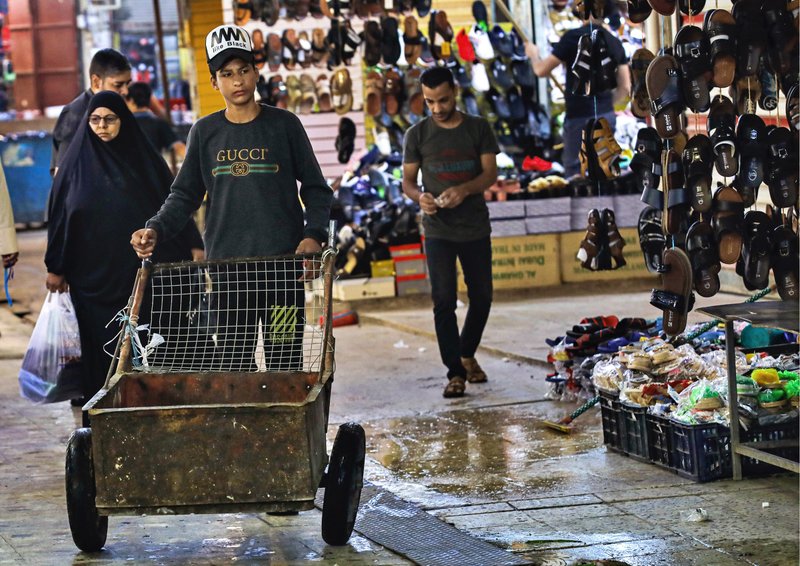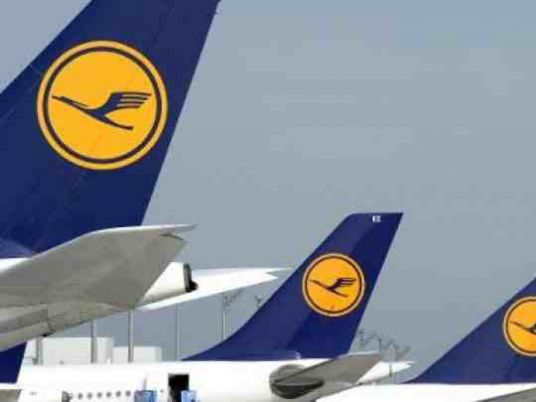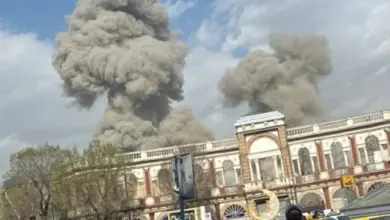
BAGHDAD (AP) — A leaked draft of Iraq’s state budget sent Iraqis into a panic on Thursday as it confirmed the government’s intentions to devalue the national currency, the Iraqi dinar, and cut salaries to cope with the impacts of a severe economic crisis.
Discussions about devaluating the Iraqi dinar, which has been pegged to the dollar for decades, have been going on for weeks as the government worked to finalized the 2021 budget. The draft law, which has to go through a parliament vote first, gives an anticipated exchange rate of 1,450 Iraqi dinars for the dollar — a significant drop from the central bank’s current official rate of around 1,182 dinars for $1.
As the draft made rounds on social media, the Finance Ministry expressed “resentment and deep regret over the unauthorized publication” of the proposed law, saying public hysteria would impact the neutrality of ministers. The cabinet is to discuss — and introduce possible amendments — to the draft in a session scheduled for Saturday.
Multiple officials said the leaked draft was authentic but stressed it might undergo changes in parliament. Sharp public reactions indicate the challenges the country will face implementing needed economic reforms in an election year, and in particular to the budget-draining public sector. Nationwide parliamentary elections, a year earlier than expected, are due in June.
“Budget preparation is a complex technical process … over a long period of time,” the ministry said. “Releasing it prematurely to the media is a largely irresponsible act.”
Already, the value of the dinar is falling on the street, with exchange houses in Baghdad selling the dollar for 1,300 Iraqi dinars.
Public discussion over the government’s reform policy — dubbed the “white paper” — focused sharply on ways to bring the wage bill down from 25 percent of the GDP to 12 percent. The draft budget took a step in this direction by looking to cut salary benefits, which sometimes exceeds the base pay of many in Iraq’s bloated public sector. Benefits can include incidentals such as danger pay, higher education degrees and hospitality expenses for high-level officials.
The news prompted an outcry from government workers fearing serious cutbacks with the devaluation compounded with benefit reductions.
“The majority of Iraq’s work force are government employees. We are the middle class, but (the government’s latest) decisions are going to make us the poorest class,” said Ali Kadhim, 50, a teacher. “I am paying off two loans that take up a third of my salary. After these decisions I don’t know how much I am going to earn.”
Several public workers echoed his fears, including physicians, dentists, school teachers and administrators in various ministries.
Reformists in the government consider public wages unsustainable.
Facing a severe liquidity crisis brought on by spiraling oil prices, the crude-exporting Iraq has had to borrow from the central bank’s dollar reserves to pay the nearly five billion dollars in monthly fees for public salaries and pensions. Oil revenues, which account for 90 percent of the budget, have brought in an average of $3.5 billion since the oil price crash earlier this year.
In an October interview, Finance Minister Ali Allawi said devaluation was being considered seriously in talks with the International Monetary Fund. The IMF has proposed a rate of 1,600 dinars to the dollar, which the Iraqi government deemed “politically difficult” according to a senior-level official, speaking on condition of anonymity to discuss the IMF talks.
The anticipated rate in the draft of 1,450 dinars against the dollar “will help cover the financial deficit, but, of course, if they don’t manage to make some supportive steps for poor people, then the impact of inflation will be very severe,” said Mohammed al-Daraji, a lawmaker in the finance committee.
Parliament must still approve the law, expected to be deeply unpopular. This month protesters in the northern province of Sulimaniya burned down government buildings over delayed salary payments.
But there is little choice, said the senior government official. Without these steps, Iraq’s foreign currency reserves would dip below $20 billion by next year, he said. They currently stand at $50 billion.




